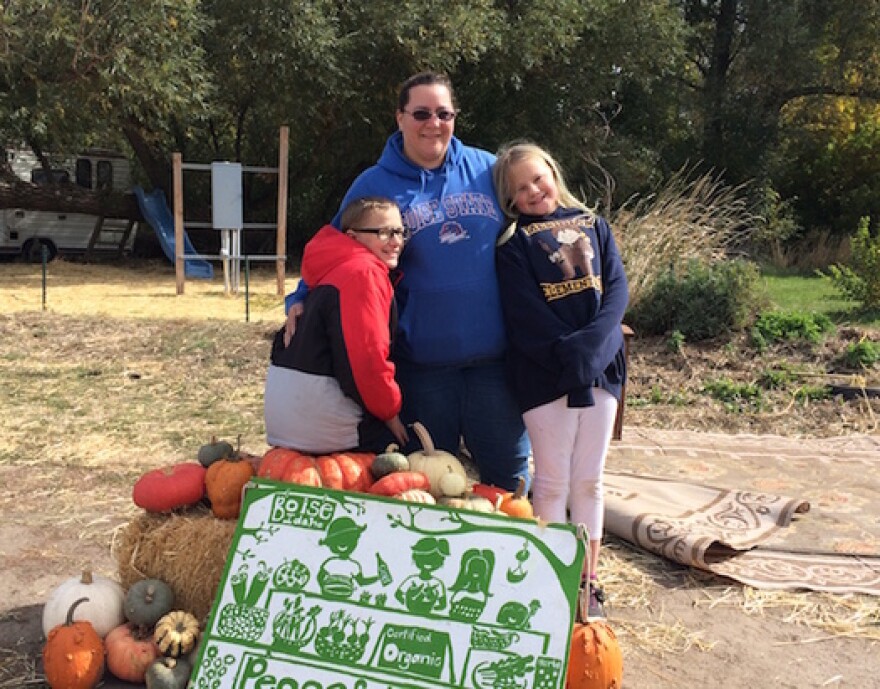The Food is Medicine initiative in Idaho is expanding to help more families get fresh and healthy meals. The initiative's "screen and intervene" program helps doctors identify people experiencing food insecurity.
A mission to get patients in clinics greater access to healthy food is expanding in Idaho. The St. Luke's Community Health Improvement Fund is providing a grant to the Idaho Hunger Relief Task Force to support the Food is Medicine initiative. Through a partnership with the Family Medicine Residency of Idaho, the task force has introduced a two-step "screen and intervene" model to clinics, so they can more easily find people experiencing food insecurity and connect them with resources.
"Part of the vision and the mission of this project is to utilize the prescriptive power of physicians to acknowledge the place that nutrition has in caring for our patients' whole being,” said Kathy Gardner, who heads the Idaho Hunger Relief Task Force.
Gardner said the initiative also is a way to promote fresh produce and community-supported agriculture. The St. Luke's fund will bring more families into a "Prescription for Fresh Fruits and Vegetables" program this year.
Lajohnna Honey, a teacher in the West Ada School District, participated in the Food is Medicine pilot program. Honey has two children, one with autism and other medical issues that limit his diet, and said she was having a hard time buying fresh food. Through the screen-and-intervene approach, a local clinic determined her family was in need of resources and arranged for them to have a basket of fresh produce each week.
"It's very humbling and heartwarming that they would take the time to, you know, go through the different surveys to make sure the kids are getting what they need – but not just them, the family as a whole," Honey said.
Gardner said people usually don't wake up with a high-paying job, a car and health insurance, only to realize there's no food in the refrigerator. She explains the initiative does more than provide access to food.
"Oftentimes, our project is successful in getting them other resources – such as low-income heating assistance or even diaper service, transportation,” Gardner said. “And it frees up money in the household to buy food."


